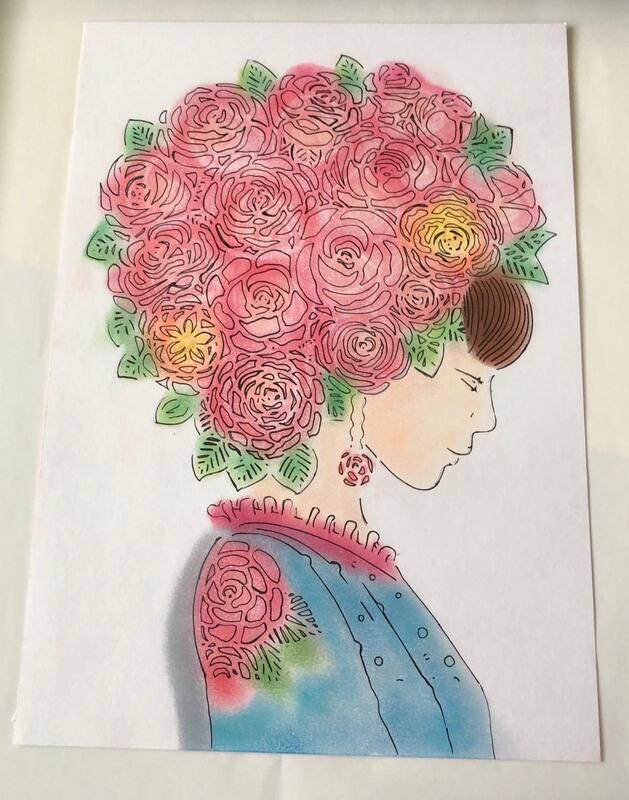Benefits of JPA as Therapy
Japan Pastel Art is not only about drawing. When students start to draw, they put in full concentration on their art work.
Gradually feeling relax as the art starts forming shape, and will be blooming with happiness when master art piece is completed.
This is the wonderful healing power of art therapy.
Gradually feeling relax as the art starts forming shape, and will be blooming with happiness when master art piece is completed.
This is the wonderful healing power of art therapy.
For kidsManage Anxiety Manage Overactive Mind Stay Focus |
for adultsReduce Stress Reduce Mood Swings Reduce Depression |
for seniorsReduce Feeling of Loneliness Reduce Risk of Dementia Cope with Loss |


